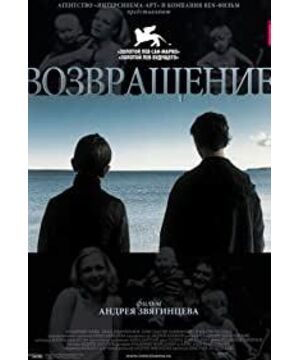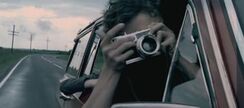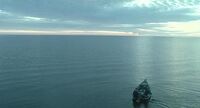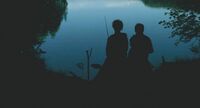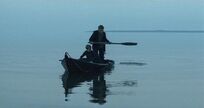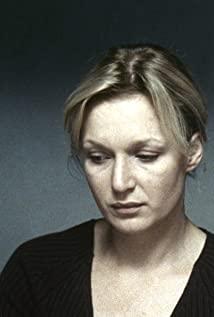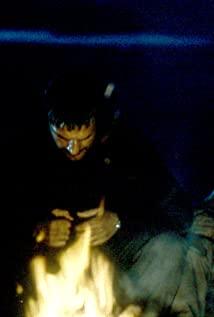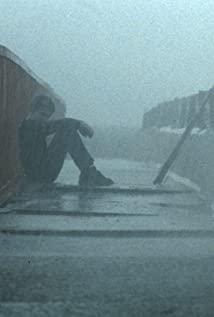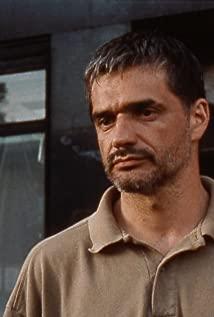TOP1 in mind
"Return" is a failed return of the father's role, and like "No Love to Tell", the complete fragmentation of a relationship must be sacrificed by the important role. The father's last accidental fall shows that he was alienated. The ultimate father-son relationship is difficult to be completely stitched together overnight. (In the end, the climax of brother Ivan’s feelings towards his father happened when his father was drowning in the water, and he felt a strong sense of tragedy.)
Moreover, the traditional father-son relationship can no longer be applied to the alienated or missing family (father-son) relationship. The father’s mandatory and fully masculine education method makes his two sons with completely opposite personalities feel uncomfortable and uncomfortable. Oppressed. "I see, Dad." The brother Andre chose to treat his father who appeared suddenly and obediently, absolutely obedient. "You deserve it, dwarf." The dwarf is a joke of his brother to his younger brother Ivan, and his timidity about diving is the knot of Ivan's heart. The feminine elements in the characters of Ivan and the brothers are in great conflict with their father, which also doomed his father's death.
From what I have watched, Sarkinseff’s first film "No Love to Tell" can see his very obvious director style, which is extremely cold. The photographic technique is very delicate, often presenting a large number of perspectives and panoramas, and the sense of alienation radiates from the inside out.
In this film, the arrangement of seats in the car, the hostile relationship is clear at a glance. In most shots, brother Ivan is always separated from his father and brother Andre, and the last step into a scene is still after his father's death. There has always been a long distance between the father and the two sons. There is a picture of my father cleaning up the wooden cabin on the island. The main body is a wooden wall. The upper part of the picture is a small window frame. Inside, the two brothers gradually walk in. It seems that the father's memory of his son can only and will only stay in the album and photo frame, which is the inevitable result of the growth of his absent child. When the father and son arrived on the island by boat, the father stood upright when the three of them came. The son was like a right-hand man until he left the island. The father crashed down and the son went to "send the end" for the father. There was a caring for him, which was a deep impression.
There are some symbols and metaphors in the film that are very interesting. The first is the observatory used by the children for diving in the opening, which is one of Ivan’s heart demon, and then the observatory of the same appearance on the island where he and his father and brother coexist, and finally the summit is indeed accompanied by the image of his father like a beast. It has to be said that catching up with his father's death is the price of growth.
When I first landed on the island, only Ivan noticed the falling bird in the grass. It was not only a hint of the fate of his father later, but also a satire of Ivan himself. Isn’t the place where the bird fell is Ivan’s dream?
The fast-cutting of the last few black and white photos of the film is really moving. I'm impressed by the level of photography!
View more about The Return reviews


